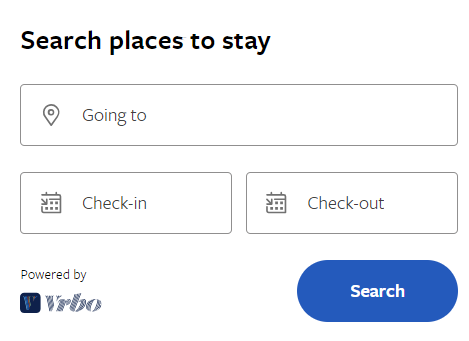Traveling is an exciting and enriching experience that allows you to explore new places, cultures, and cuisines. However, planning a trip can be a daunting task, especially if you’re on a tight budget. From setting a budget to booking your accommodations and activities, there are several essential tips to keep in mind to make your travel planning process smooth and enjoyable. Read on to discover some key tips for planning your next trip.
Set a Realistic Budget
The first step in planning any trip is to set a realistic budget. Knowing how much you can afford to spend will help you make informed decisions about where to go, how long to stay, and what activities to participate in. Take into account expenses such as flights, accommodations, food, transportation, and activities when creating your budget. It’s also a good idea to set aside some extra funds for unexpected expenses.
Research Destinations and Compare Prices
Once you have a budget in place, it’s time to research destinations and compare prices. Consider factors such as the cost of living, exchange rates, and travel trends when choosing a destination. Look for budget-friendly destinations with affordable accommodations and activities. Use online travel websites and apps to compare prices for flights, hotels, and tours to find the best deals.
Book Flights and Accommodations in Advance
Booking flights and accommodations in advance can help you secure lower prices and better options. Look for discounted flights and hotel deals by booking early or during off-peak seasons. Consider staying in budget accommodations such as hostels, guesthouses, or vacation rentals to save money. Keep an eye out for last-minute deals and promotions to score great savings.
Create a Flexible Itinerary
While it’s good to have a rough itinerary in place, it’s also important to remain flexible during your trip. Allow room for spontaneity and unexpected opportunities to arise. Leave time for relaxation and exploration, and don’t overbook your schedule. Consider trying local foods, visiting off-the-beaten-path attractions, and interacting with locals for a truly authentic travel experience.
Pack Light and Smart
Packing light can save you time, money, and hassle during your trip. Choose versatile clothing and accessories that can be mixed and matched for different outfits. Pack essentials such as toiletries, medications, and travel documents in a carry-on bag to avoid lost luggage. Consider using packing cubes or compression bags to maximize space in your suitcase.
Stay Safe and Informed
Before you travel, research the safety and health conditions of your destination. Check for travel advisories, vaccination requirements, and local laws and customs. Purchase travel insurance to protect yourself in case of emergencies or unforeseen circumstances. Keep important documents such as passports, visas, and emergency contacts secure and easily accessible.
Conclusion
Planning a trip can be a rewarding and fulfilling experience when done right. By setting a realistic budget, researching destinations, booking in advance, creating a flexible itinerary, packing smart, and staying safe and informed, you can make your travel planning process enjoyable and stress-free. Remember to remain open-minded and embrace the unexpected while traveling for a truly memorable experience.
FAQs
Q1: How can I save money on accommodations?
A1: To save money on accommodations, consider staying in budget-friendly options such as hostels, guesthouses, or vacation rentals. Look for discounted rates by booking in advance, during off-peak seasons, or by using online travel websites and apps to compare prices.
Q2: What should I do in case of emergencies while traveling?
A2: In case of emergencies while traveling, it’s important to have travel insurance to cover unexpected costs such as medical emergencies, trip cancellations, or lost baggage. Keep important documents such as passports, visas, and emergency contacts secure and easily accessible. Contact local authorities or your country’s embassy in case of emergencies.










![From Historic Sites to Modern Marvels: [city/town]’s Best Cultural Attractions](https://i3.wp.com/cdn.pixabay.com/photo/2017/11/21/00/42/christmas-2967062_960_720.jpg?w=180&resize=180,135&ssl=1)









![Unraveling [destination]: A comprehensive exploration for travelers](https://i1.wp.com/cdn.pixabay.com/photo/2018/05/18/04/00/work-3410295_960_720.jpg?w=180&resize=180,135&ssl=1)






